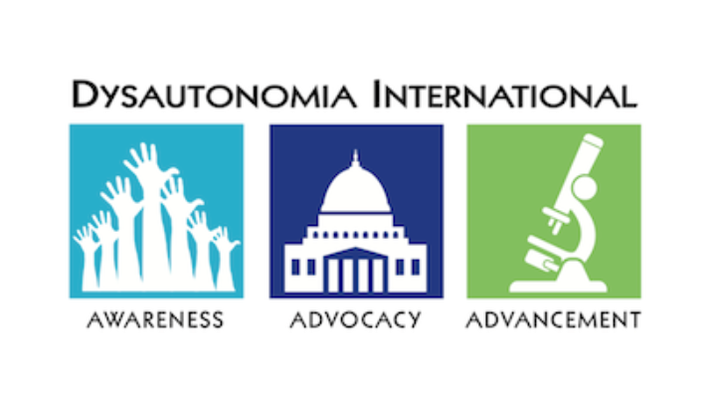
Zak and Kyle’s marathon fundraiser
Tax deductible
Carrie’s story:
In early 2021 Carrie was out for a walk with a friend and her heart rate jumped to 200bpm. She thought she was having a heart attack so she went to the ER. No one at the ER could tell her what was wrong so they sent her home. This scenario repeated several more times and Carrie was terrified something was very wrong. Eventually her primary care doctor suspected it was a condition called POTS.
There are very few specialists in the country for POTs so Carrie was referred to one at Stanford in California. Subsequently she was diagnosed officially with POTs and dysautonomia. This diagnosis helped her feel validated that she wasn’t crazy and it wasn’t anxiety like some doctors told her it likely was. Treatment options are limited but Carrie is learning to live with it and make the most of her situation. Dizziness, nausea, low blood pressure, low energy, lack of appetite and strange but severe pains are a regular occurrence. It has changed our lives completely.
Our goal with this fundraiser is to spread awareness about the condition and support this organization that raises awareness for medical professionals and the public on a global scale.
A little more official information about dysautonomia:
Dysautonomia is an umbrella term used to describe several different medical conditions that cause a malfunction of the Autonomic Nervous System. The Autonomic Nervous System controls the "automatic" functions of the body that we do not consciously think about, such as heart rate, blood pressure, digestion, dilation and constriction of the pupils of the eye, kidney function, and temperature control. People living with various forms of dysautonomia have trouble regulating these systems, which can result in lightheadedness, fainting, unstable blood pressure, abnormal heart rates, and malnutrition.
Some of the different forms of dysautonomia include:
Postural Orthostatic Tachycardia Syndrome (POTS) - estimated to impact 1 out of 100 teenagers and, including adult patients, a total of 1,000,000 to 3,000,000 Americans. POTS can cause lightheadness, fainting, tachycardia, chest pains, shortness of breath, GI upset, shaking, exercise intolerance, temperature sensitivity and more. While POTS predominantly impacts young women who look healthy on the outside, researchers compare the disability seen in POTS to the disability seen in conditions like COPD and congestive heart failure.
Dysautonomia is not rare. Over 70 million people worldwide live with various forms of dysautonomia. People of any age, gender or race can be impacted. There is no cure for any form of dysautonomia at this time, but Dysautonomia International is funding research to develop better treatments, and hopefully someday a cure for each form of dysautonomia. Despite the high prevalence of dysautonomia, most patients take years to get diagnosed due to a lack of awareness amongst the public and within the medical profession.
Dysautonomia International is a 501(c)3 non-profit that advocates for millions of people living with disorders of the autonomic nervous system through research, physician education, public awareness, and patient empowerment programs.
For more information please visit: www.dysautonomiainternational.org
Some of the different forms of dysautonomia include:
Postural Orthostatic Tachycardia Syndrome (POTS) - estimated to impact 1 out of 100 teenagers and, including adult patients, a total of 1,000,000 to 3,000,000 Americans. POTS can cause lightheadness, fainting, tachycardia, chest pains, shortness of breath, GI upset, shaking, exercise intolerance, temperature sensitivity and more. While POTS predominantly impacts young women who look healthy on the outside, researchers compare the disability seen in POTS to the disability seen in conditions like COPD and congestive heart failure.
Dysautonomia is not rare. Over 70 million people worldwide live with various forms of dysautonomia. People of any age, gender or race can be impacted. There is no cure for any form of dysautonomia at this time, but Dysautonomia International is funding research to develop better treatments, and hopefully someday a cure for each form of dysautonomia. Despite the high prevalence of dysautonomia, most patients take years to get diagnosed due to a lack of awareness amongst the public and within the medical profession.
Dysautonomia International is a 501(c)3 non-profit that advocates for millions of people living with disorders of the autonomic nervous system through research, physician education, public awareness, and patient empowerment programs.
For more information please visit: www.dysautonomiainternational.org
Organizer
Kyle Grafstrom
Organizer
Seattle, WA
Dysautonomia International, Inc.
Beneficiary